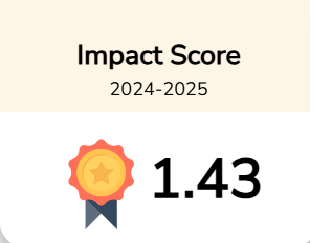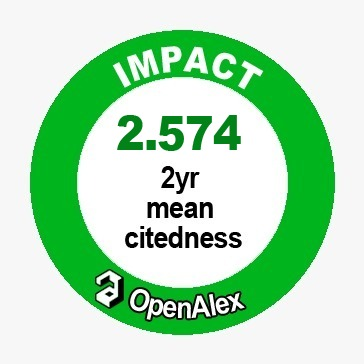The needs of a metacognitive-based learning model in elementary schools
Downloads
Purpose: This research aims to analyze the need for developing metacognitive-based learning models in elementary schools.
Design/Methodology/Approach: This research uses mixed methods. The mixed-methods research design used in this research is concurrent embedded mixed methods. The population of this study was 2,416 elementary schools. Sample selection: 476 elementary school teachers were involved in the development needs analysis survey. Methods of data collection include observation, interviews, surveys and questionnaires. The data collection instrument uses a questionnaire sheet. The data analysis technique uses qualitative and quantitative descriptive analysis.
Findings: The research results show that 28.8% of respondents stated that they had implemented the independent curriculum, 65.1% combined the independent curriculum and the 2013 curriculum and 6.1% still used the 2013 curriculum. The survey results on learning support facilities showed that adequate facilities supported learning. 93.7% of teachers said that they always use innovative learning models. The remaining 6.3% still rarely implement innovative models. The survey results showed that 69.54% of teachers reported understanding metacognition sufficiently. However, 97.47% of teachers rarely or never integrate the concept of metacognition into their teaching methods.
Conclusion: It is essential that elementary schools adopt metacognitive-based learning approaches in order to equip students with the critical and creative thinking skills necessary to become lifelong learners. This skill is useful for overcoming obstacles in daily life as well as in the field of education.





